#Na Bo Ra
Explore tagged Tumblr posts
Text
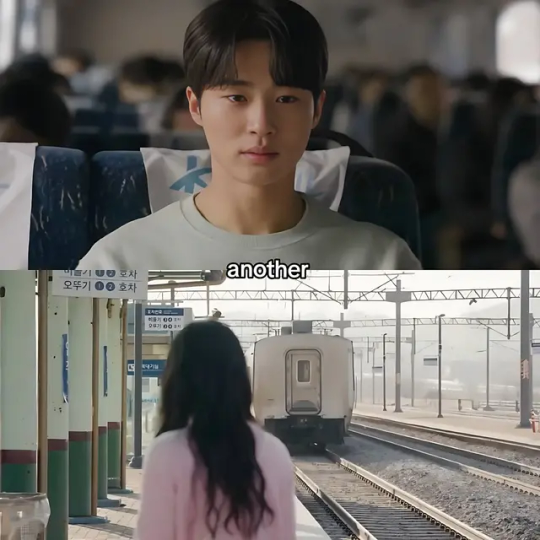
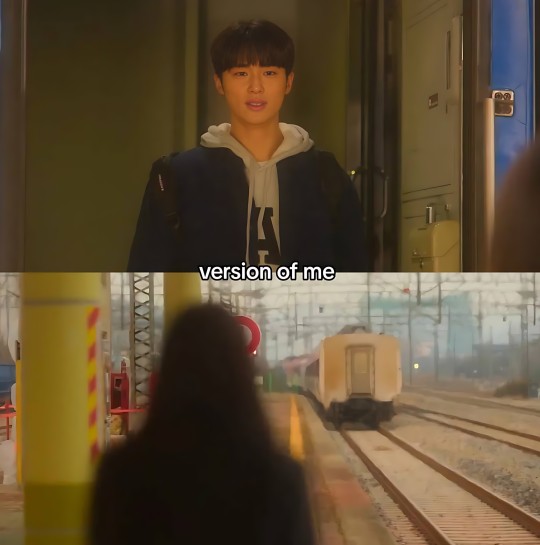
#lovely runner#kdrama#sun jae#im sol#kim hye yoon#ryu sun jae#byeon woo seok#20th century girl#na bo ra#end of beginning
53 notes
·
View notes
Text
oh my god. it just dawned on me. she’s 20th century girl cause she’s stuck in time
7 notes
·
View notes
Text
youtube
#Fanvidfeed#AU#Crossover#20th century girl#Poong Woon Ho#Na Bo Ra#20세기소녀#20 segi Sonyeo#Byeon Woo Seok#Kim Yoo Jung#Lee Je Hoon#Han Hyo Joo#변우석#김유정#한효#Woo seok yoo jung#kim yoo jung#Yoo Jung Woo seok#bo ra woon ho#kmovie#woon-ho#bo-ra#Youtube
4 notes
·
View notes
Text


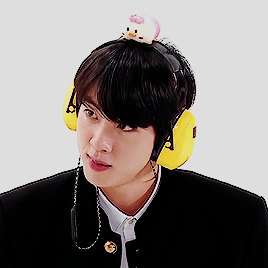

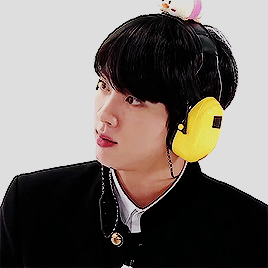
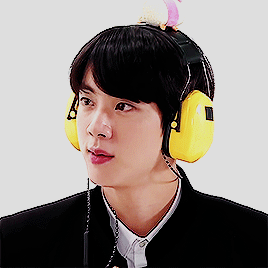
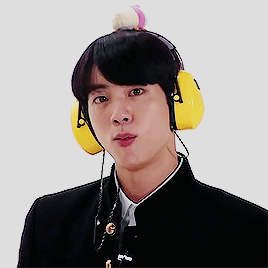

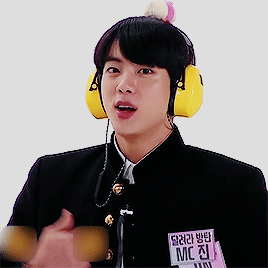

countdown to jin's return
d-7 ♡ shouting in silence ✦ run bts! ep.41
#btsedit#btsgif#dailybts#tuserpris#annietrack#usersky#userbangtan#userkelli#raplineuser#userdimple#*#gifs*#seokjin*#bts*#seokjin#bts#30daysjin#run bts#ca-r-bo-na-ra
487 notes
·
View notes
Text
Me, doing normal things then suddenly remembering the embarrassing things I did 10 years ago.
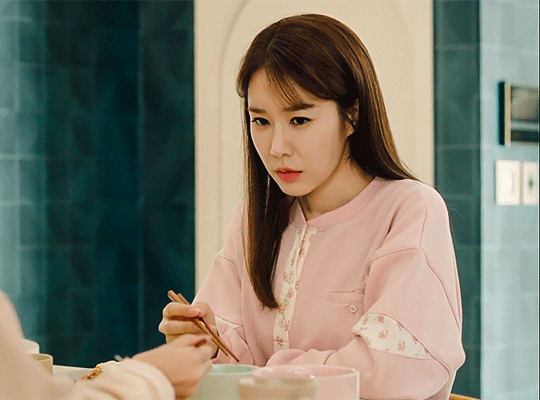

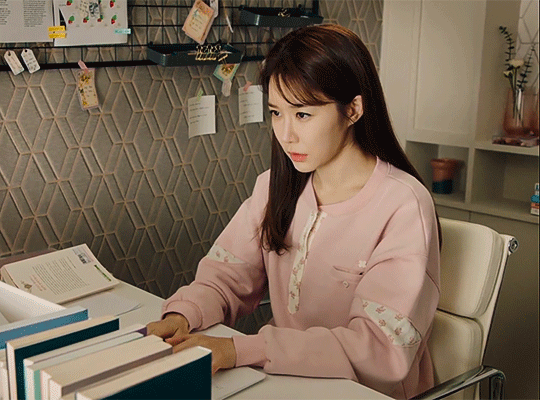
Who said embarrassment only last for a moment?
#bo ra! deborah#bora deborah#true to love#kdrama#kdramasource#kdramaedit#kdramagif#dailyasiandramas#yoo in na#k:bora deborah
435 notes
·
View notes
Photo
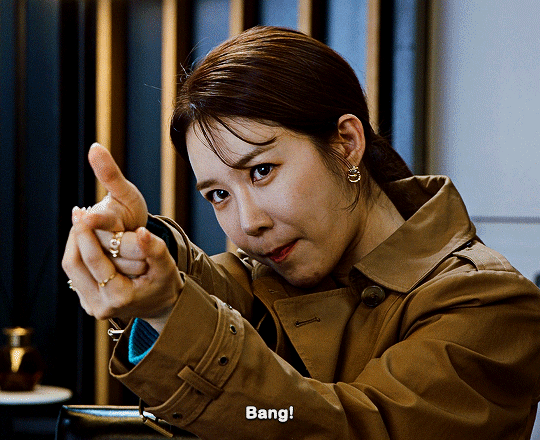

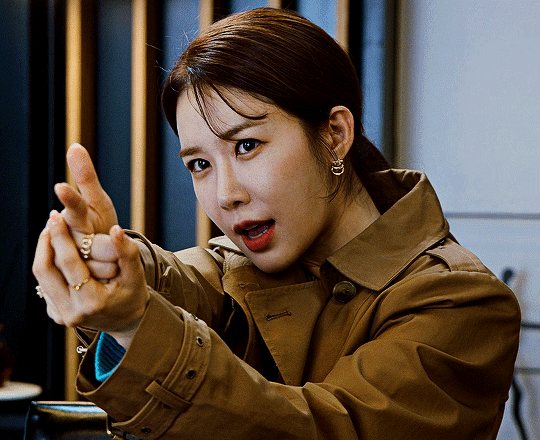

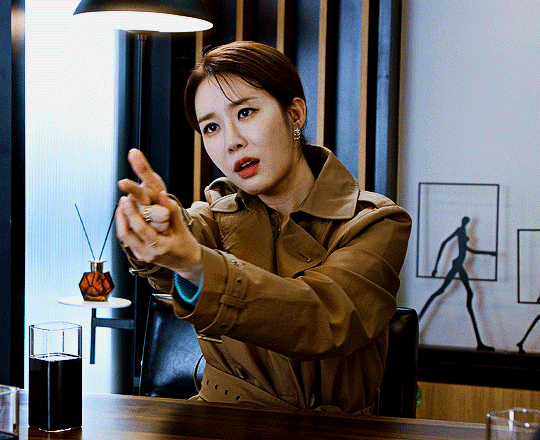
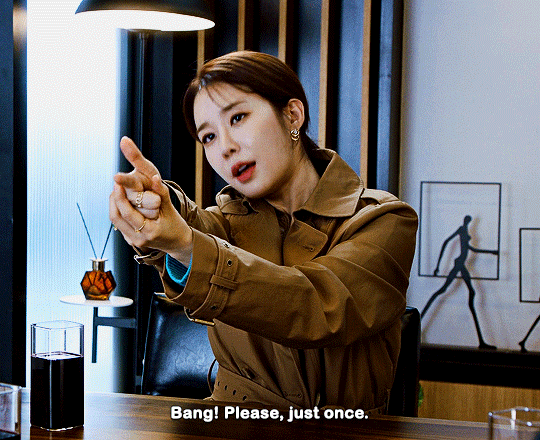

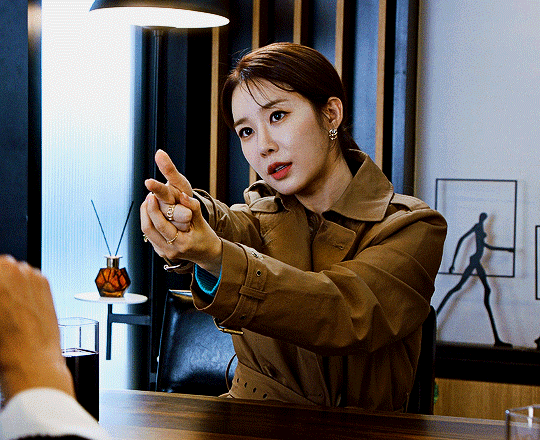
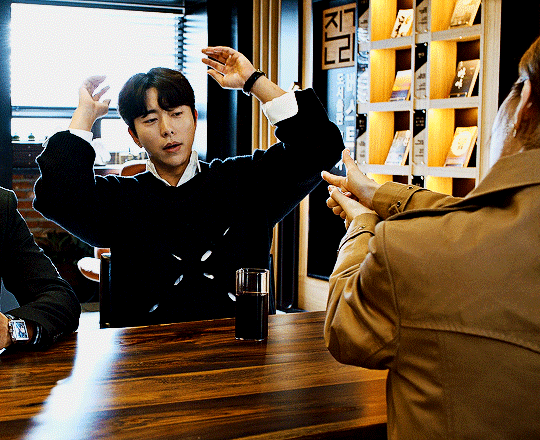
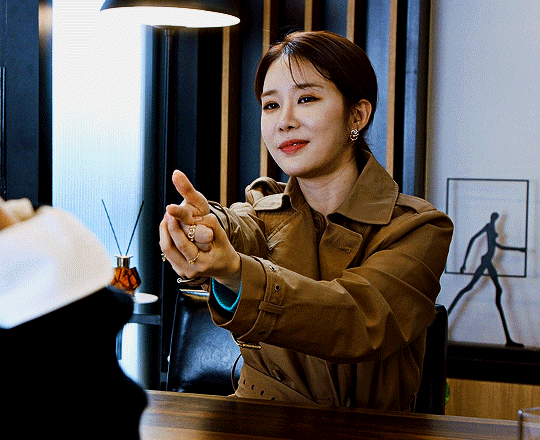
"Antan" Chekhov once said, "Shoot. If there's a gun in the first chapter, in the third chapter, it must go off." Bang! I was shot in the heart. Two shots. These are my gunshot wounds. I have two. Now, I will take the gun and shoot. I will shoot. Bang!
Don't make me pretend to be shot.
#true to love#bora! deborah#kdramaedit#kdramadaily#kdramasource#asiandramasource#dailyasiandramas#kdrama#bo ra! deborah#truetoloveedit#yoo in na#yoon hyun min#true to love: 1.07#true to love: bo ra x soo hyuk#.request#.gif#🔫#👋 i see your ask and i am working on the other sets!! 🙆♀️
338 notes
·
View notes
Photo

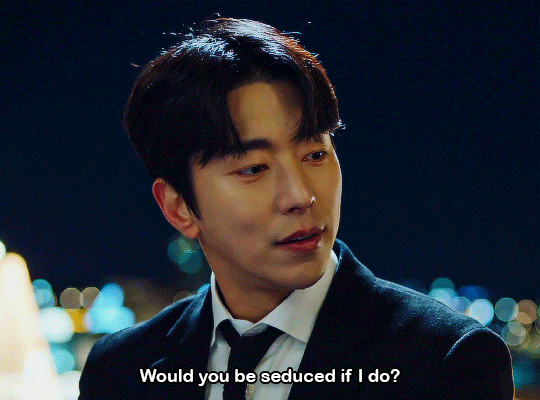
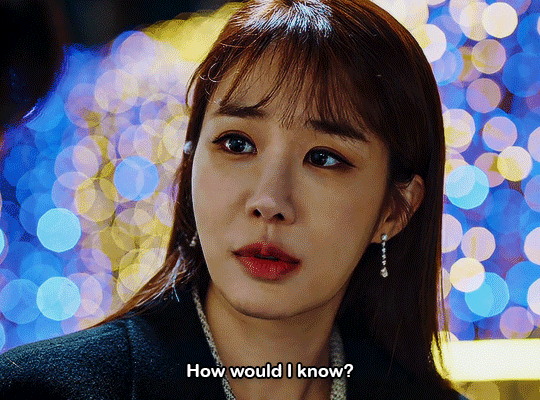
176 notes
·
View notes
Text
The Lost 30 Years - Seol Woon-do/ Jin Bo-ra/ Na Hoon-a, etc. (잃어버린 30년 - 설운도/ 진보라/ 나훈아 등) - Episode 11/35 (Pt. 5)
This document constitutes the fifth and final segment of the Korean album 'The Lost 30 Years,' featuring notable artists such as Seol Woon-do, Jin Bo-ra, and Na Hoon-a. It will examine the broadcast schedule over the 34 days of transmission, the technologies employed in broadcasting, and additional relevant topics. For a thorough understanding, readers are encouraged to consult part one, which outlines the album's context, the background of the broadcast, program planning, and content, along with parts two and three that provide an in-depth analysis of the broadcast itself. The live broadcast initiated on June 30, 1983, followed by an emergency broadcast relay from July 1 to July 10, 1983, and resumed regular programming from July 15, 1983, until November 14, 1983.
Aside
Significant occurrences took place during KBS's Live Special Broadcast and continued in subsequent years, extending into the 21st century.
A notable instance in the history of KBS broadcasting that justifies the license fee is this particular program. During that period, KBS garnered a reputation for financial mismanagement, characterized by the coercive collection of license fees and reliance on advertisements. Their news coverage often favoured the regime, and many of their shows were criticized for imitating American and Japanese formats. While the issue of program plagiarism was primarily recognized by residents in areas like Busan and Ulsan, where Japanese broadcasts were accessible, it did receive some media attention. KBS1 was engaged in broadcasting advertisements at that time, although no separate advertisements were scheduled for this specific program. The only advertisement aired was during the inaugural episode on June 30, 1983. Throughout the five-day live broadcast and subsequent episodes, regional announcers made concerted efforts to feature as many local participants as possible, often leaving little time for music or advertisements. This led to a situation where Seol Woon-do (설운도) became a prominent figure associated with KBS, as the main camera continuously focused on the audience, capturing the enthusiasm of attendees eager to be seen on screen.
As three decades have elapsed since the armistice led to the division of families, many individuals who were children during that period have since established their own families. Nevertheless, the footage reveals these children, now adults, gazing vacantly at their parents and parental figures—uncles and aunts—who are embracing and celebrating together, seemingly frozen in a moment of innocence, unaware of the complexities surrounding them.
Numerous celebrities have experienced family separations, often highlighted in television programs dedicated to reuniting such families. During a search for her family, actress Kim Hae-sook (김해숙) was accompanied by her mother for an interview. Actor Kim In-moon (김인문) was filmed making a phone call to inquire about his family. Singer Kim Soo-hee (김수희) was featured on a program singing while holding a sign requesting information about her maternal uncle, whom she reportedly located in Japan via the embassy in 1976. Comedian Eom Yong-su (엄용수), now the president of the KBS Comedians Association, shared his experience during a special broadcast celebrating the 30th anniversary, recalling how he sought his older sister while his family members took turns monitoring the broadcasting station around the clock, fearing she might come looking for him.
In a poll carried out by Korea Gallup in October 1983, it was found that 53.9% of the 1,450 randomly selected households across the nation reported watching the program until 1 a.m. Additionally, 88.8% of respondents indicated that they had cried while viewing the program.
Heo Nam-gil (허남길), a reporter at the news centre during that period, reflected on the dedication of the staff, stating that everyone exerted considerable effort to maintain seamless broadcasts and meetings. Despite the continuous nature of the broadcasts, the production team faced a shortage of personnel, leading camera operators to manage their nosebleeds while on air.
Citizens actively engaged in efforts to reunite families that had been separated. Many individuals seeking to locate their loved ones congregated in Yeouido, the site of the KBS headquarters. By the third day of the broadcast, volunteers, including students and homemakers, began offering assistance by providing guidance, medical care, and helping others complete applications. Various companies contributed by supplying televisions, portable toilets, and public telephones, while numerous individuals donated items such as train tickets, bottled water, bread, and fans.
Following the government's formal resolution to initiate a nationwide movement aimed at reuniting separated families, akin to the Saemaul Movement, the Railway Administration, then a government entity, established branch offices. These offices were tasked with offering complimentary tickets and assistance with boarding procedures for those families who had located their relatives or were traveling to Seoul in search of them.
Numerous instances emerged where reunions led to subsequent separations. When families with comparable socioeconomic backgrounds or living conditions reunited, they often managed to sustain their relationships to a degree. However, situations became more complicated when a family member remarried or experienced severe financial hardship, exacerbating existing familial issues and ultimately resulting in further breakups. This phenomenon exemplifies the profound tragedies brought by war.
Director Im Kwon-taek's (임권택) film 'Gilsotteum' has garnered significant attention for its nuanced portrayal of the repercussions faced by families reuniting after separation. The film features authentic footage of Yeouido Plaza, where the characters Shin Seong-il (신성일) and Kim Ji-mi (김지미) meet, providing viewers with a vivid representation of the emotional journey involved in reconnecting with estranged family members. The complete film is available for viewing on the Korean Film Archive's YouTube channel.
Certain scenes from the past may appear surprising by contemporary standards, such as the public admiration for Chun Doo-hwan (전두환) and the open disclosure of personal addresses and phone numbers during broadcasts. This era predated the Personal Information Protection Act and the Internet, which limited the ability to access personal data. Future generations may question the appropriateness of such practices, reflecting a significant shift in societal norms regarding privacy. Additionally, the practice of providing detailed area codes and numbers, such as "□□-gun, ○○-myeon, 000-beon," may be difficult for today's audience to comprehend. At that time, only major urban centers had electronic switching systems, while smaller towns relied on manual methods for telephone exchanges. Consequently, a closing remark in the program expressed gratitude to the Telecommunications Corporation staff for their efforts in facilitating the broadcast, highlighting the technological limitations of the period.
Despite the conclusion of the live broadcast in mid-November, individuals continued to gather in search of their estranged family members, leading to the prolonged existence of the 'Meeting Square' in Yeouido Square, which reportedly remained operational until the summer of 1984. This phenomenon is also depicted as a significant theme in the 1983 film "The Last Time I Saw Him, Heungnam," which narrates the evacuation from Heungnam in its first half and the quest for reunited families in the latter half. Additionally, this topic was featured in episode 38 of the MBC drama "Park Soon-kyung (박순경)," (Video Below) aired on July 28, 1983. The ongoing efforts to reconnect families highlight the enduring impact of separation and the societal need for reconciliation during that period.
youtube
In the 2014 South Korean film "Ode to My Father," featuring Hwang Jung-min (황정민), Kim Yun-jin (김윤진), and Oh Dal-su (오달수), the narrative revolves around the quest to reunite with a father and younger sister who were lost during the Hungnam Evacuation, a storyline inspired by a live broadcast. This particular scene has also been humorously referenced in SNL Korea. In the film, the audience displays large white placards, yet the actual signs, crafted with magic markers on beige or light green cardboard, are notably smaller, resembling sketchbooks. These authentic placards are preserved at the National Museum of Korean History in Gwanghwamun, where the marker writing has significantly faded over nearly four decades. Observing these signs post-broadcast reveals a stark contrast in the physical stature of Koreans from that era compared to the 21st century, reflecting the socioeconomic changes that have occurred. The elderly individuals depicted in the broadcast appear to have their shoulders obscured by these modest-sized signs, which also exhibit similar fonts, numerous typographical errors, and correction marks, indicative of the staff's efforts to compile information from families seeking reunification.
Seol Woon-do's (설운도) "Lost 30 Years," as detailed in the accompanying song section, rapidly achieved hit status and was recognized by the Guinness World Records for becoming a hit in the shortest duration following its release.
On July 30, 1983, a special feature of the '100 Minute Show' was held at Jangchung Gymnasium to commemorate the 3,000th reunion of separated families. The event, titled 'Lost 30 Years, Regained 30 Years', invited both separated family reunion families and non-separated families. Popular singers such as Kim Soo-hee (김수희), Kim Yeon-ja (김연자), Lee Eun-ha (이은하), and Cho Yong-pil (조용필) performed, and veteran singer Hyun In (현인) sang trot songs. When the songs 'Danjang's Mia-ri Pass' and 'Be Strong, Geum-soon-ah', which captured the spirit of the times, were sung, an audience member who appeared to be a separated family member could be seen sobbing. During the program, announcers Lee Ji-yeon (이지연) and Hwang In-woo (황인우) interviewed separated family reunion families, including siblings Heo Hyeon-cheol (허현철) and Heo Hyeon-ok (허현옥). Part 1 & 2 videos below
youtube
youtube
The subsequent project, titled 'Searching for Family in Sakhalin,' aired in January 1990 as a special segment of KBS's 9 o'clock news, hosted by anchor Park Sung-beom. This live broadcast was conducted from three distinct locations: the Soviet Sakhalin Broadcasting Station, KBS's Seoul Headquarters, and the Daegu General Office. The repercussions of this live event were later explored in the KBS 1TV special drama 'Time and Tears,' which premiered on June 25, 1992.
KBS produces programs that reflect on the cultural significance of Chuseok and Seollal. On May 1, 2013, KBS 2TV's "Leisurely" marked its 30th anniversary with a special broadcast featuring former hosts MCs Yoo Cheol-jong and Lee Ji-yeon, along with frequently invited guests Heo Hyeon-cheol and Heo Hyeon-ok. Notably, the current recording studio for "Leisurely" is situated in the KBS main studio open hall, the same venue that hosted the live broadcast for the search for separated families three decades prior. The latest installment, "Chuseok Special: The River of Meeting Flows," aired on KBS1 on September 25, 2015, showcasing a live event at KBS Plaza, where restored posters from the original family search were displayed. This program included families who had reunited as well as those who had not, with most participants being in their 80s and 90s.
On March 2, 2023, KBS aired a special program to commemorate the 40th anniversary of this significant broadcast. Additionally, this event is referenced in the East Asian history textbook published in 2017, highlighting its importance in the cultural and historical narrative of the region. The ongoing engagement with themes of family and reunion underscores the enduring impact of these broadcasts on Korean society.
In 2019, KBS organized a notable exhibition entitled “Searching for Separated Families.” This event highlighted materials associated with the “KBS Special Live Broadcast, Searching for Separated Families,” which aired for 138 consecutive days starting in June 1983 and is recognized as a UNESCO Memory of the World. The exhibition featured not only the original broadcast tapes but also posters and storyboards related to the separated families, alongside photographs taken during the event, all displayed at KBS in Yeouido. Additionally, the exhibition was discussed in KBS1's History Journal That Day on March 2, 2021. In an interview, the original author, Woo-young Lee, expressed his intention to incorporate the character Lee Gi-man from the Black Rubber Shoes comic as a significant aspect of the project, alongside the theme of Finding Separated Families. Unfortunately, this vision could not be realized due to the passing of Woo-young Lee.
youtube
On February 21, 2023, a special program (above) was aired to commemorate the 40th anniversary of the current affairs planning window, focusing on the theme of separated families. Subsequently, on March 2, 2023 (below), Morning Plaza also featured a special broadcast celebrating this significant milestone. Additionally, KBS News 9 dedicated a segment on June 30, 2023, to honour the 40th anniversary with a brief special feature.
youtube
Yoo Cheol-jong, the host of the program Finding Separated Families, was 50 years old at the time of the anniversary and later shared his status in 2019 when he was 86. Announcer Lee Ji-yeon garnered attention for her request to Jinpum Myeongpum to evaluate a manuscript she had fortuitously found while cleaning her home, which was used in the broadcast production. Given that the broadcast material is recognized as World Documentary Heritage, the potential for the manuscript's appraisal to achieve similar status raises its significance. Veteran singer Kwak Soon-ok, who performed the theme song "Who Doesn't Know This Person," reflecting the grief of separated families, passed away at the age of 91 on September 12, 2023.
Finding separated families overseas
Numerous broadcasts have highlighted the experiences of separated families across the globe. Historical instances include the separation of families in Western Europe during World War II and the dislocation caused by poverty in the United States during the Great Depression. The television program 'Unsolved Mysteries,' which aired for two decades in the United States, exemplified this theme. Blending elements of investigative journalism and human interest stories, the show not only focused on wanted criminals and unresolved cases but also featured segments dedicated to reuniting lost family members, lovers, and friends. Many episodes specifically addressed the search for biological families separated by these significant historical events.
In contemporary Western societies, such as the United States and the United Kingdom, the prevalence of adoption and divorce has led to a growing number of individuals seeking to reconnect with their biological families. This phenomenon underscores a universal human inclination towards understanding one's lineage and heritage. The desire to trace one's roots is a common thread that transcends cultural boundaries, reflecting a deep-seated need for connection and identity among individuals separated from their familial origins.
youtube
'Long Lost Family' is a television program that originated in the UK and has been adapted in various countries, including the United States, Norway, Finland, and Australia.
youtube
A French broadcast titled "Y a que la vérité qui compte," which translates to "The only thing that matters is the truth," focuses on a woman's quest to reunite with her biological mother after being separated from her at a young age. The video highlights her emotional journey and the significance of truth in the search for familial connections.
External Links
KBS <Finding Separated Families> Official Website
KBS official YouTube channel with footage from that time - The KBS Archive Channel, which initially focused solely on videos related to reuniting separated families, underwent a transformation in 2019, rebranding itself as 'KBS Archive: Old TV.' This revamped channel now features a broader array of archival content, including videos preserved by KBS as well as those contributed by viewers.
Channels uploaded with English subtitles for overseas Koreans -A highlight video of the reunion is currently being uploaded. In addition to the footage of reunited families, other videos pertaining to the Korean War and the experiences of separated families are also being shared.
Live broadcast of finding separated families 30 years later, the protagonists of memories - A unique live transmission celebrating the designation of a UNESCO World Heritage Site.
KBS Finding Separated Families YouTube Playlist
UNESCO Homepage
UNESCO Korean National Commission website
#history#korean history#korea#korean music history#south korea#photography#music history#Youtube#80s#80s music#KBS#The Lost 30 Years - Seol Woon-do/ Jin Bo-ra/ Na Hoon-a ect.#잃어버린 30년 - 설운도/ 진보라/ 나훈아 등#The Lost 30 Years#잃어버린 30년
6 notes
·
View notes
Text
My favorite actresses
In no particular order
Kim Se-jeong

What I've watched: Busted, A Business Proposal, The Uncanny Counter
What I want to watch: School 2017, Today's Webtoon
Okay, so though I said it was in no particular order, Se-jeong is definitely my top pick. I just love her, both on- and off-screen. She can nail both a bubbly rom-com protagonist and a hard-core, ass-kicking action star. And off-screen, she's just so happy and excited about everything in variety shows. I'm definitely hoping for a lot more dramas to come from her in the future.
Han Hyo-joo
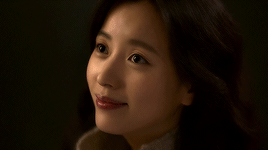
What I've watched: The Pirates; The Last Royal Treasure, W, Happiness
What I want to watch: Treadstone, Masquerade, Moving
This woman is just so goddamn cool in every role I've seen her in, as well as from what I can tell of her other roles. I'm not really sure what else to say tbh. She's amazing, end of sentence. I cannot wait to see her other projects as well, I'm sure they're fantastic.
Jang Na-ra

What I've watched: The Last Empress, Sell Your Haunted House
What I want to watch: V.I.P., Family; The Unbreakable Bond
The Last Empress was one of the first dramas I watched where I was like; "oh so that's what a kdrama can be" - and her role as Oh Sunny is still one of my favorite characters ever, even years later. Just for that alone, she gets a spot on this list. SYHH was fantastic as well, only adding to my point here.
Kim Ji-won
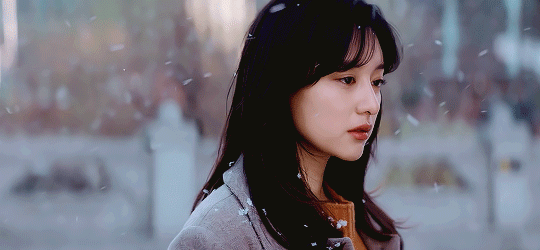
What I've watched: Arthdal Chronicles, Descendants of the Sun, The Heirs, Fight For My Way
What I want to watch: Queen of Tears
This is a case where she somehow just ended up in dramas I had planned to watch, without knowing she was in them. And in every one, she just stole the show. I don't know what it is about her, but she just stands out in the best ways. I was so sad when I found out she wouldn't continue as Tanya in Arthdal, as I just think she was perfect in that role.
Park Bo-young

What I've watched: Strong Girl Bong-soon, Doom At Your Service
What I want to watch: Abyss, Concrete Utopia
She was so heart-shatteringly amazing in Doom At Your Service that I just had to put her on this list. Though the others actors were fantastic as well, she just carried this entire drama on her back. And Bong-soon is just an iconic character all around. It took me a while to realize they were played by the same actress, she's that good.
#drama ranking#kim se-jeong#han hyo-joo#jang na-ra#kim ji-won#park bo-young#i want to do a 'fave female character' post as well someday#and while making this list i realized that it would just be all the same names mentioned 😂#oh well#gonna make it eventually anyway
26 notes
·
View notes
Text
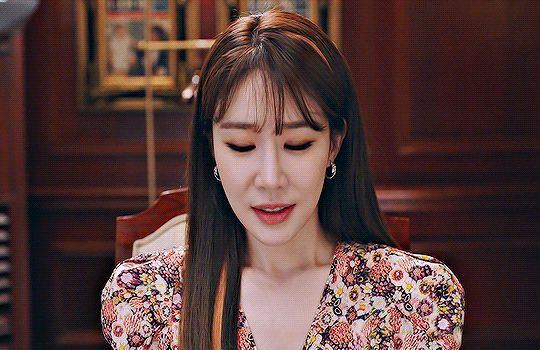

Yeon Bo Ra
True To Love 1.01
#bora! deborah#true to love#yoo in na#yeon bo ra#userdramas#kdramaedit#kdramasource#dramasource#asiancentral#dailyasiandramas#kdramaspace#kdramadaily#asiandramasource#kdramaladies#userxlh#userstorge#mostlyfate#***#ubareums#udeokmis#useryd
72 notes
·
View notes
Text
True to Love/Deborah is so weird. One minute it's so cringey/dumb and then next minute it has really mature & good writing
like, people will act like God Himself came down from Heaven to write this screenplay... And then the writers will have sis dropping in a reference to Auschwitz to describe her post breakup strategy....
AUSCHWITZ
on the other hand... Though i was talking shit about it before, it makes sense for Suhyeok & Bora to remain friends. It's way too soon for them to be dating, since they've just started to move on. They seem to have a lot of feelings for each other but they also genuinely have a great friendship. Besides, at this point in their journey, they just need companionship from someone who understand what they're going thru. I love how they resolved their fight and the kiss, it was wholesome and usually not seen in media.
I guess what it boils down to is, i just wish they'd done this sooner instead of focusing so much time on the breakup itself. And maybe devoted more time to Suhyeok's own healing process instead of just having Bora embarass herself in front of him a million times. They've just started to really unpack what he's been going through... now. At EP. 10. When we supposedly have only 4 more eps to go.
what I liked about ep. 10 is that for the first time she's the one comforting him instead of it always being a one way street.
It’s also cool how the writers are subverting our initial read of Suhyeok being an unemotionally available jerk. Maybe he was one, but it turns out there’s more to the story and Yuri was not an angel either. like damn, the way Yuri said relationships are meant to be petty or mean... that was ice cold 🥶🥶🥶 and some genuinely good writing.
Bora's own silly strategies got thrown in her face and now she has to save Suhyeok because of what she taught others. Maybe another aspect that could have been focused on instead of Bora embarrassing herself compilation #10.
47 notes
·
View notes
Text
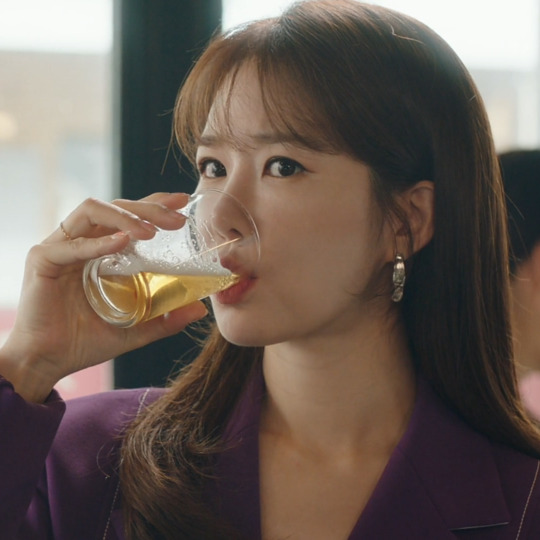


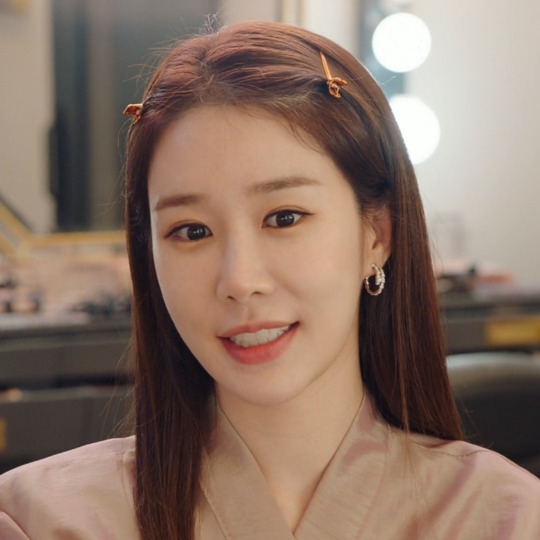
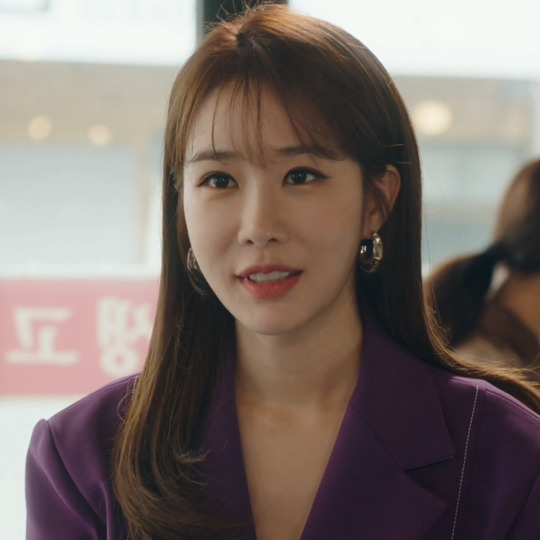
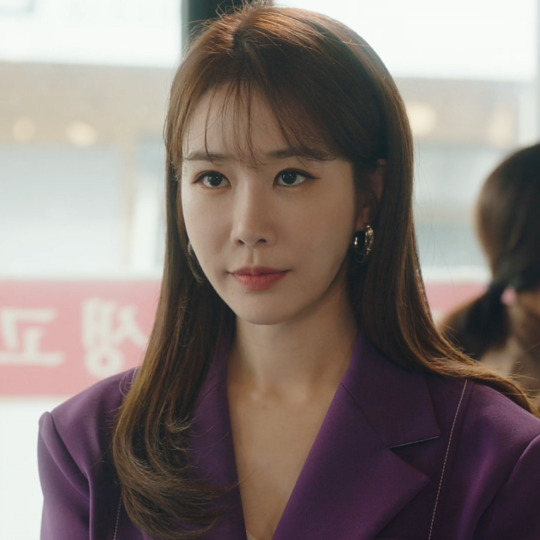




Bo Ra! Deborah (2023) pt1
#bo ra! deborah#yoo in na#bora deborah#kdrama icons#doramas icons#icons doramas#drama icons#female icons#kdramas#kactress icons
49 notes
·
View notes
Text

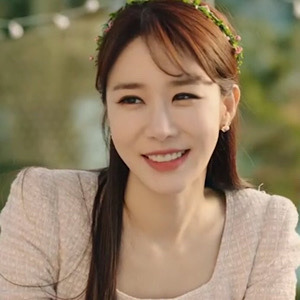






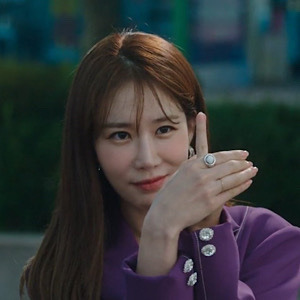
#kdrama icons#kdrama#bo ra! icon#bo ra! deborah#bora deborah icons#bora! deborah icons#bora deborah icon#bora! deborah#yoo in na icons#yoo in na
28 notes
·
View notes
Photo



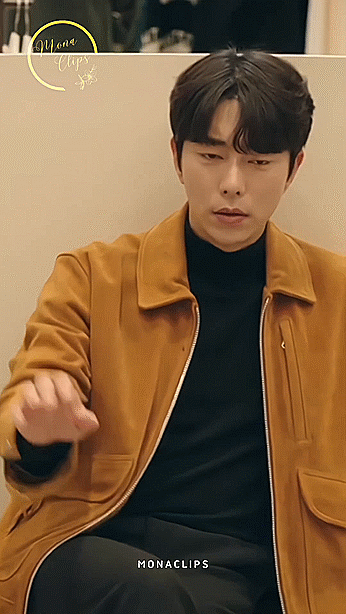
Kdrama: Bo Ra! Deborah (2023)
She's so beautiful😍❤️💞 #boradeborah #kdrama #truetolove #yooinna #yoonhyunmin #shorts
Watch this video on Youtube: https://www.youtube.com/shorts/g-F7SGE4EAI
#Bo Ra! Deborah#보라! 데보라#Yeonaeui Jinsimin Pyeon#Yeonaee Jinsimin Pyeon#연애에 진심인 편#I'm Serious About Dating#True To Love#연애의 진심인 편#2023#youtube#shorts#short video#ENA#TVING#kdrama#Korean drama#Yoo In Na#Yeon Bo Ra#Deborah#Yoon Hyun Min#Lee Soo Hyuk
20 notes
·
View notes
Text
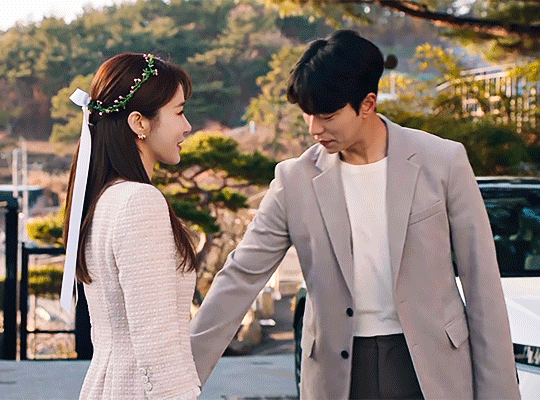
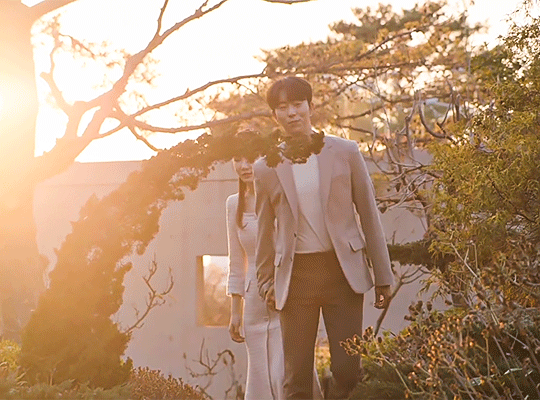
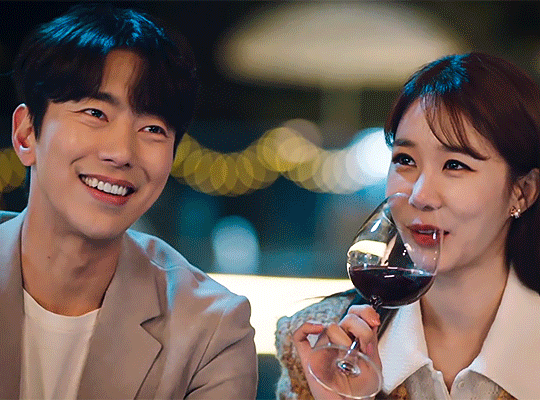

Fake Dating Trope | True to Love Ep 11
#they're convincing everyone else but themselves#bo ra! deborah#bora deborah#true to love#yoon hyun min#yoo in na#kdrama#kdramasource#kdramaedit#kdramadaily#kdramagif#dailyasiandramas#k:bora deborah
298 notes
·
View notes
Photo










Is he looking this way? Why are you crying? I said, "Is he looking this way?" Yes, he's looking this way.
True to Love 보라! 데보라 (2023)
#true to love#bora! deborah#kdramaedit#kdramadaily#kdramasource#asiandramasource#dailyasiandramas#bo ra! deborah#truetoloveedit#kdrama#yoo in na#yoon hyun min#true to love: bo ra x soo hyuk#true to love: 1.05#.gif#😭
300 notes
·
View notes